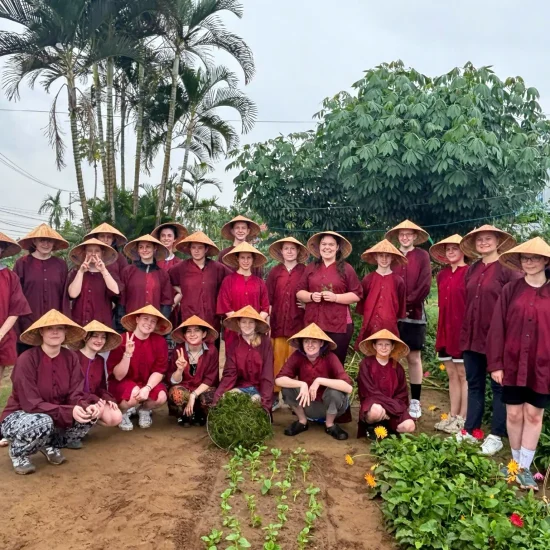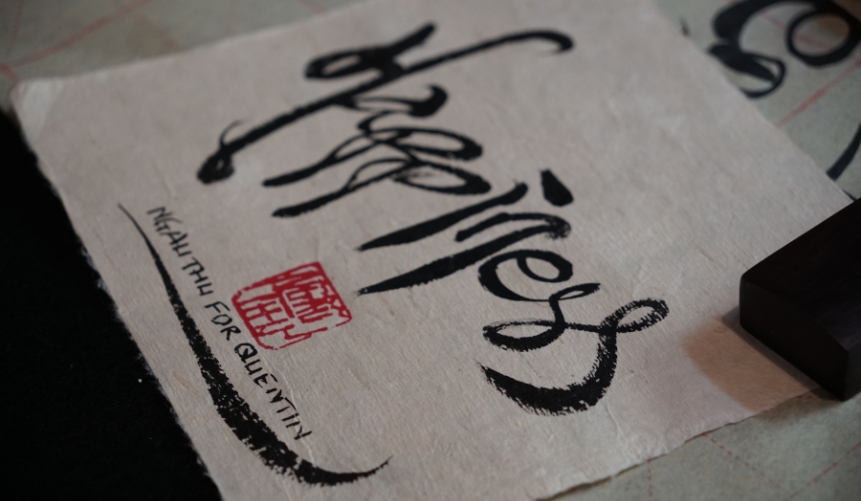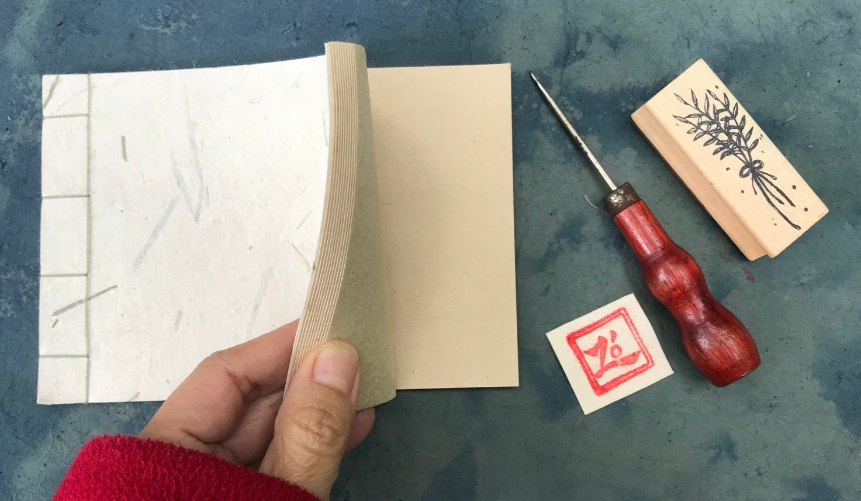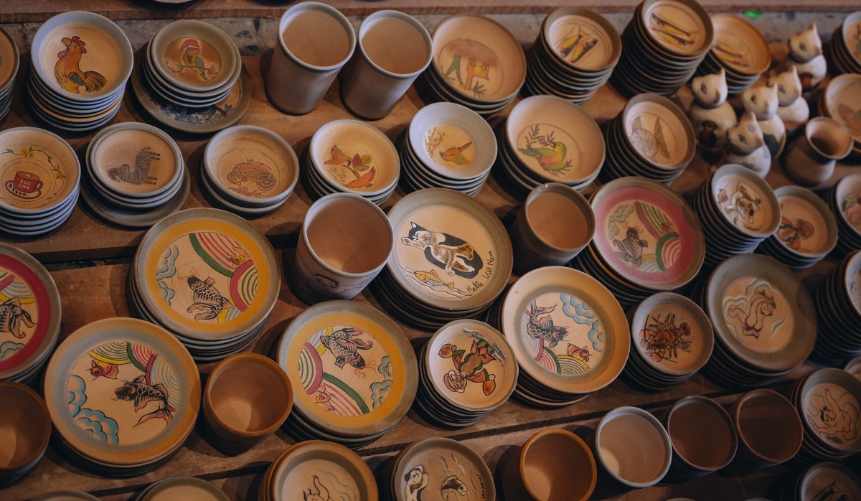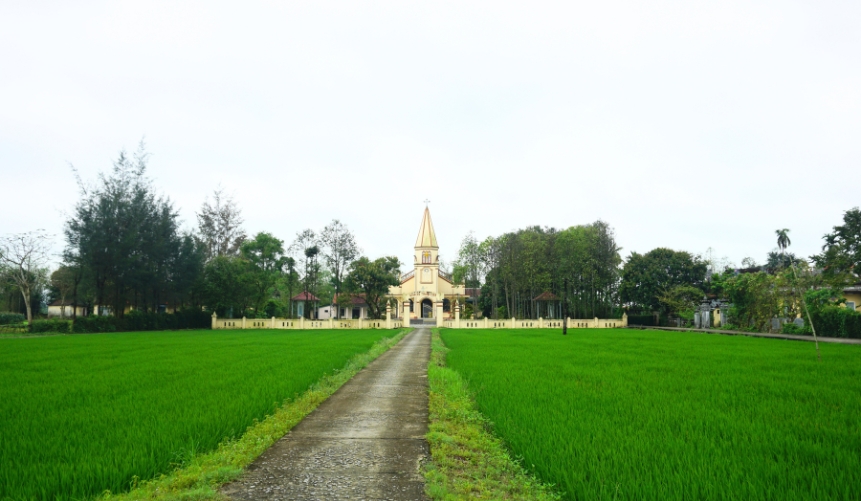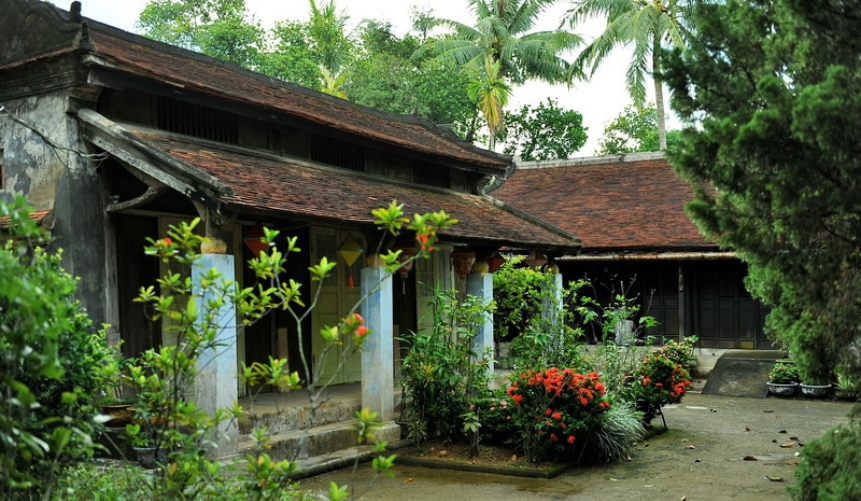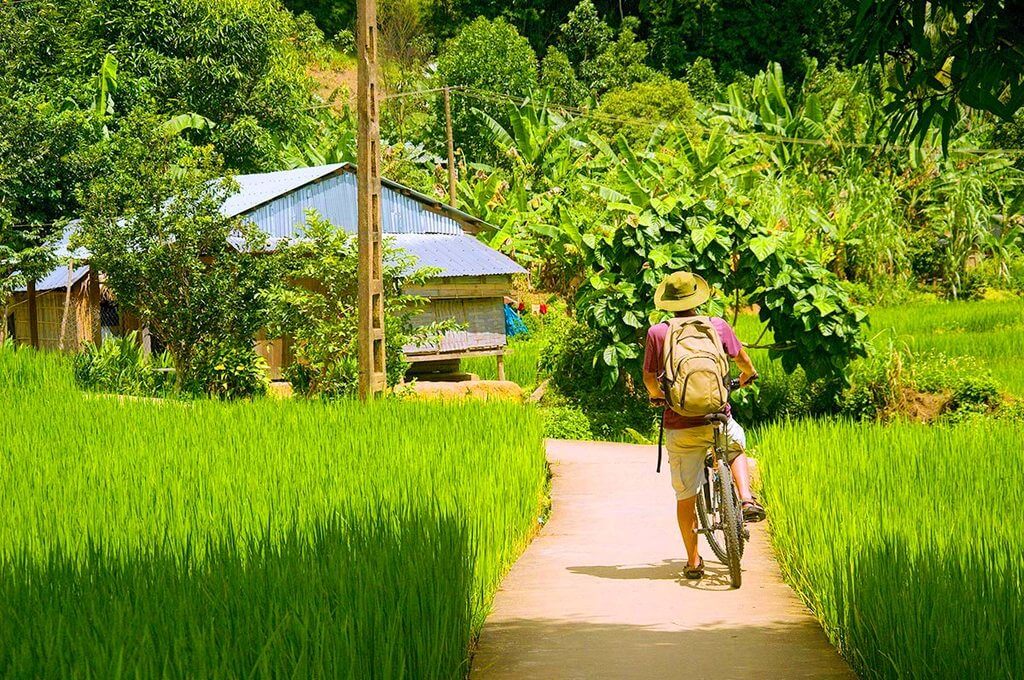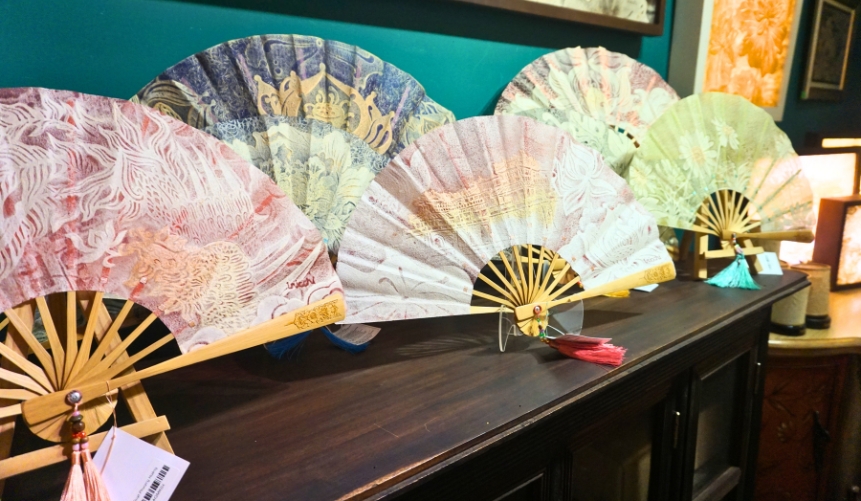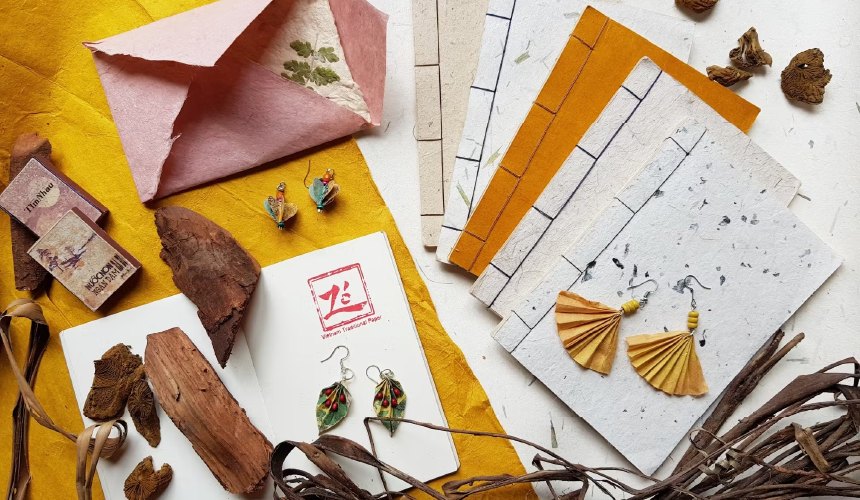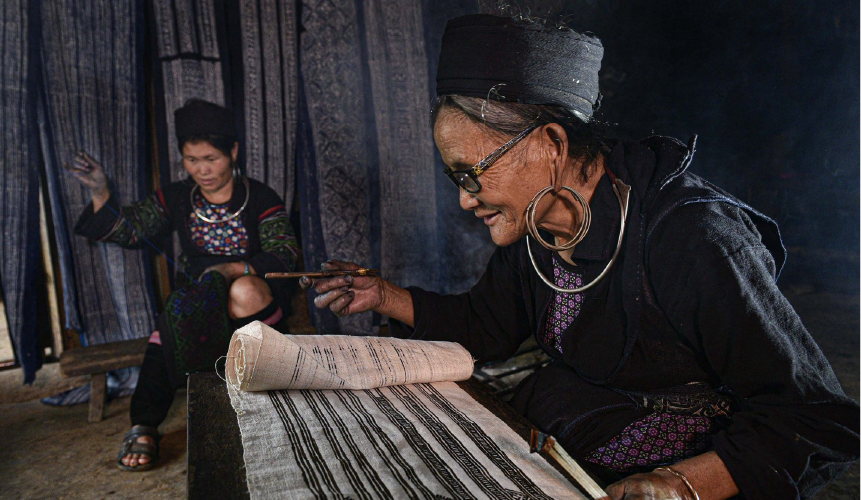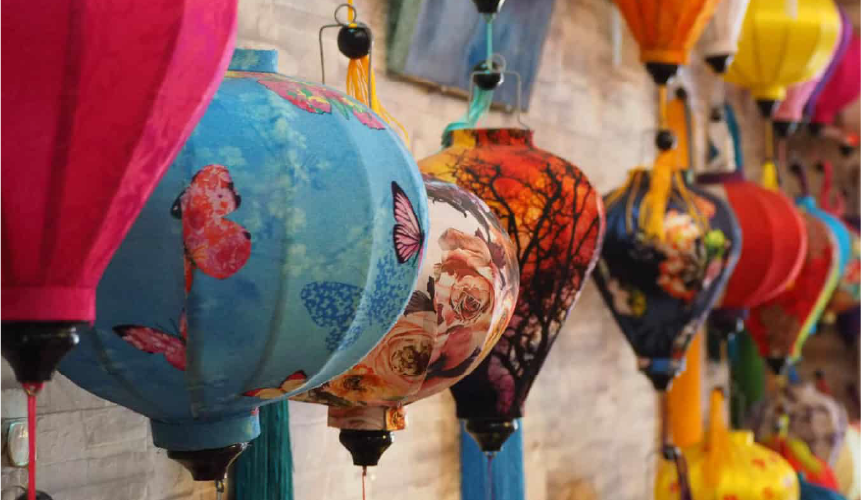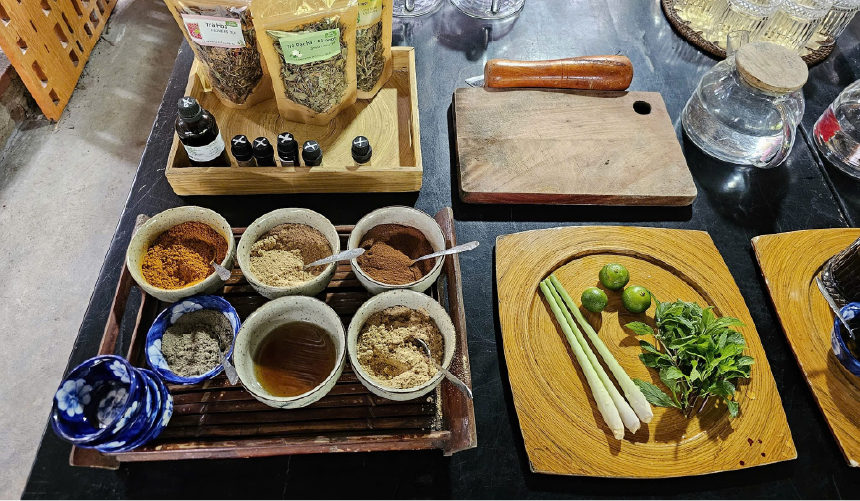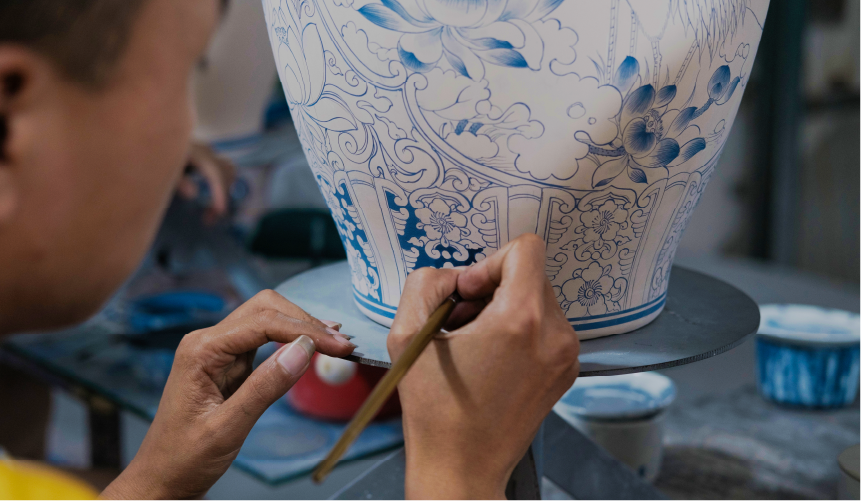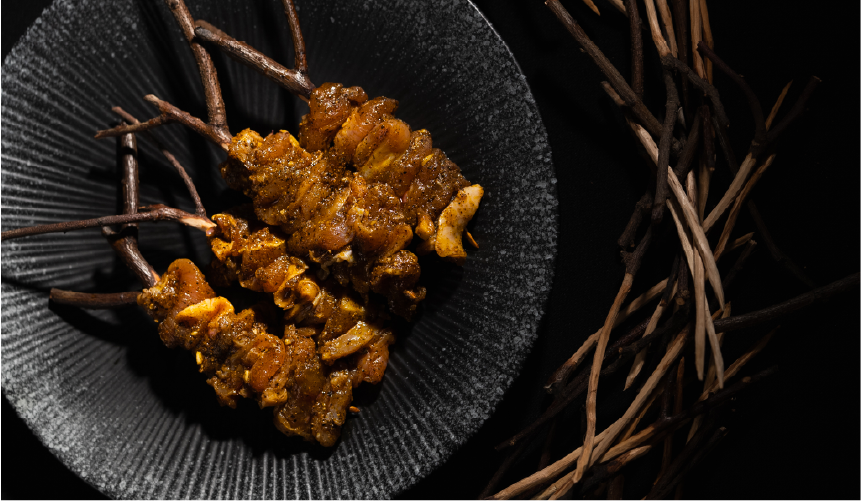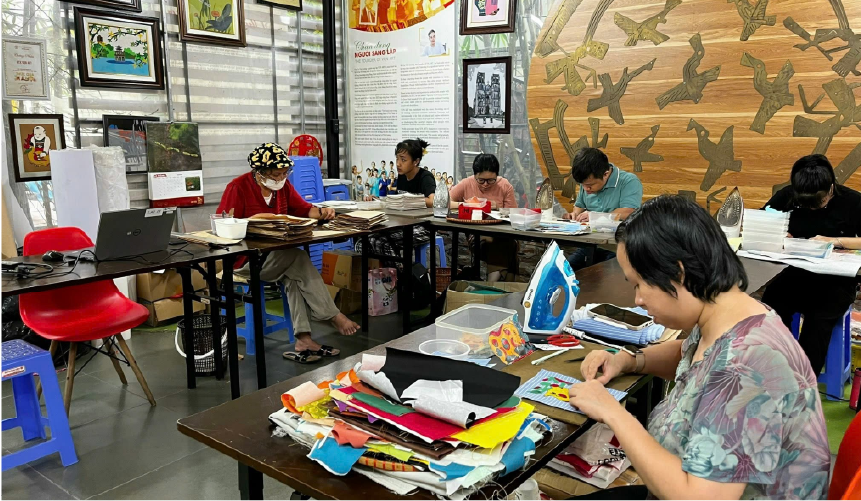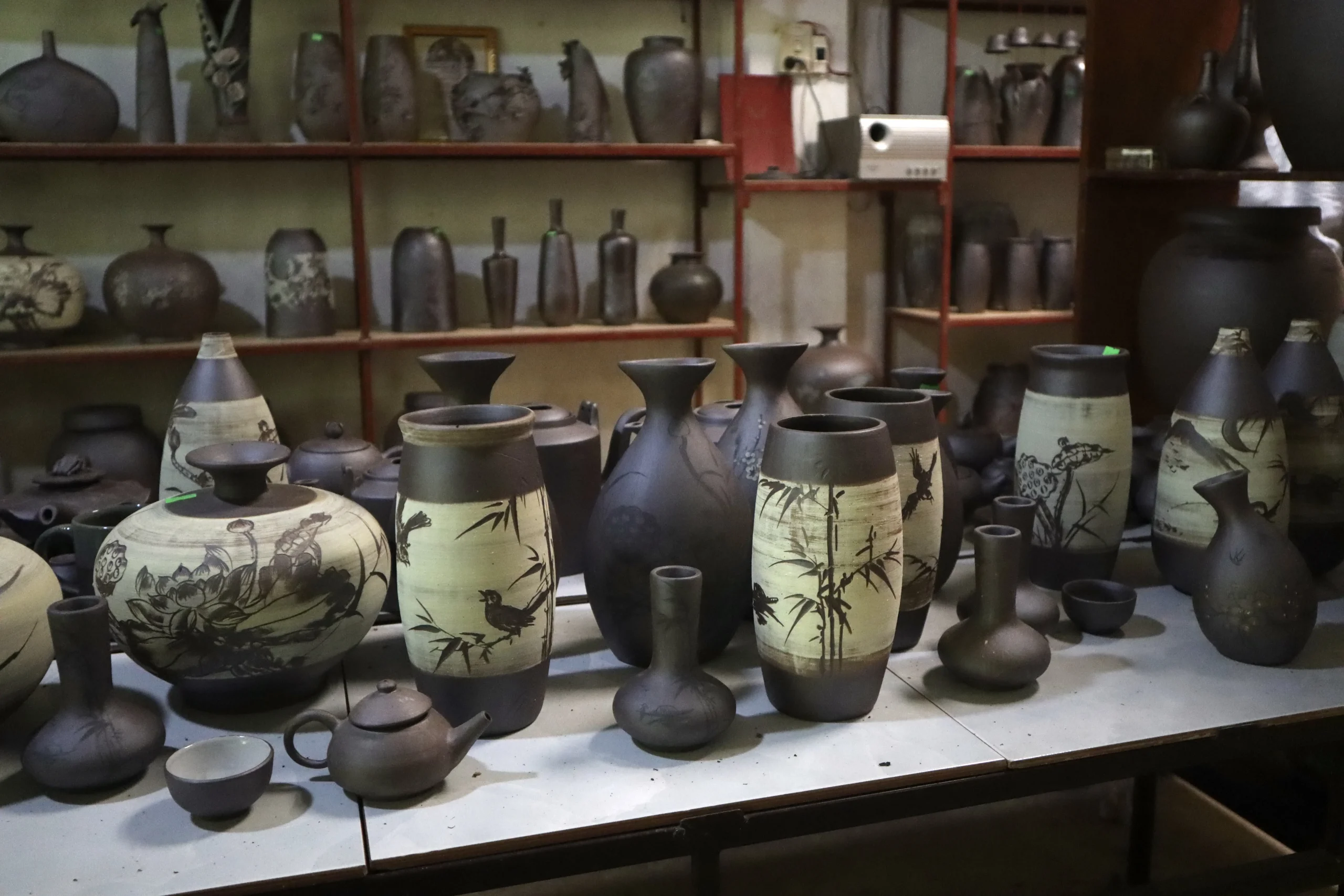
Into the sustainable: Support local communities in Vietnam traditional craft villages

Vietnam’s traditional craft villages are treasures of culture and artistry but many are quietly disappearing due to economic pressures and changing lifestyles. Meanwhile, sustainable travel is rapidly growing, driven by travelers seeking authentic experiences that respect communities and the environment. This growing movement offers new hope for preserving these invaluable traditions by supporting artisans and fostering cultural pride. Through thoughtful collaboration and responsible tourism, the delicate balance between cultural heritage and modern development can be maintained, allowing these villages to thrive for generations to come.
Vietnam’s cultural treasure at risk
Vietnam has approximately 5,400 craft villages, with around 2,000 recognized as traditional. However, many of these villages are fading or being removed from official lists due to stagnation and lack of market demand. In Hanoi, just over half of the original craft villages remain active, as many production households have shifted to other livelihoods.
This decline is largely due to a range of challenges faced by traditional craft villages, including fierce competition from cheap mass-produced goods, shortages of raw materials and pollution caused by outdated production methods. Additionally, a shortage of skilled workers, limited market access and the perception among younger generations that these crafts are outdated further accelerate their decline. For example, Yen Thai village, once famous for its Do paper, no longer exists. Its decline was driven by the rise of mass paper production and the diminishing demand for Hang Trong paintings – which uses wood carving technique to print colorful inks on Do paper, with only an artisan continuing the craft and passing it on to his son. Similarly, the story of a 500-year-old mat weaving village in Quang Nam, forced to close its doors as artisans abandoned their craft, serves as a poignant example of this widespread struggle.
This decline is not merely about economics; it’s about the potential loss of irreplaceable cultural heritage, unique artistic expression, and the livelihoods of countless skilled artisans. We believe these villages are far more than relics of the past; they are vibrant centers of creativity and community, vital to Vietnam’s cultural identity.
A pathway to protect Vietnam’s handicraft heritage
As traditional craft villages face these challenges, sustainable travel has emerged as a powerful solution. This isn’t just a niche trend; it’s a significant market shift. With over 70% of travelers now actively seeking socially responsible choices – and many willing to pay more for them – the demand for authenticity is reshaping the entire industry. The challenge, however, is that these travelers often struggle to find genuine, impactful experiences. This creates a crucial opportunity for responsible tourism to connect a global audience that truly values tradition with the artisans who are keeping it alive.
So, how exactly does this work?
By creating a direct link between travelers and villages, we build a virtuous cycle. Travelers gain unique insights into Vietnamese culture, while artisans receive the vital economic support and recognition needed to continue their craft. This, in turn, inspires younger generations and creates jobs across the entire community, from hospitality to guiding.
In addition to generating steady demand for artisans, sustainable tourism also strengthens local economies by creating jobs in hospitality sectors, such as accommodation, restaurants, ensuring that the benefits of tourism are shared widely across the community.
When these principles are applied successfully, the results can be remarkable. Villages like Bat Trang and Thanh Ha have transformed into dynamic destinations. The greatest triumph is Tra Que, recently honored as one of the best tourism villages in the world for its thoughtful planning and pioneering approach to sustainability.
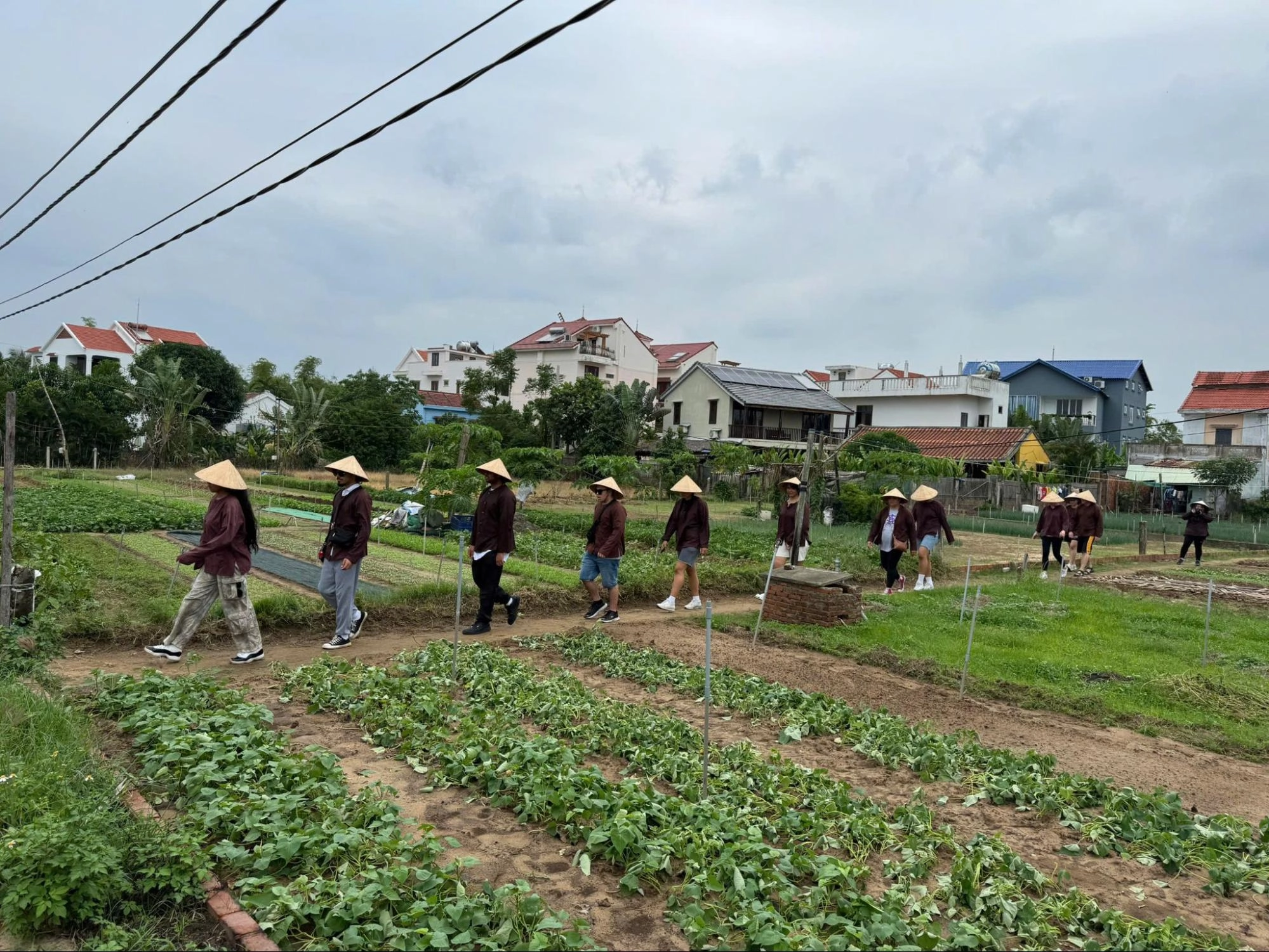
365 Travel’s clients on their visit to Tra Que Village near Hoi An.
Yet, revival is not always straightforward, and the story of Phuoc Tich pottery village reveals a more fragile reality. After decades of decline, it was a single artisan, Luong Thanh Hien, who reignited the first kiln, breathing new life into a 500-year-old tradition. He has worked tirelessly to innovate and reconnect the community with its roots.
But the road remains difficult. Today, only two artisans are still making pottery, and the village’s kilns sit mostly cold. For Hien, the challenge isn’t just sales – it’s inspiring the next generation. Phuoc Tich is not a complete revival yet; it’s a quiet, persistent effort to keep the fire burning. It needs more than passing attention; it needs deep, respectful support.
This is where our role as a dedicated local DMC becomes crucial.
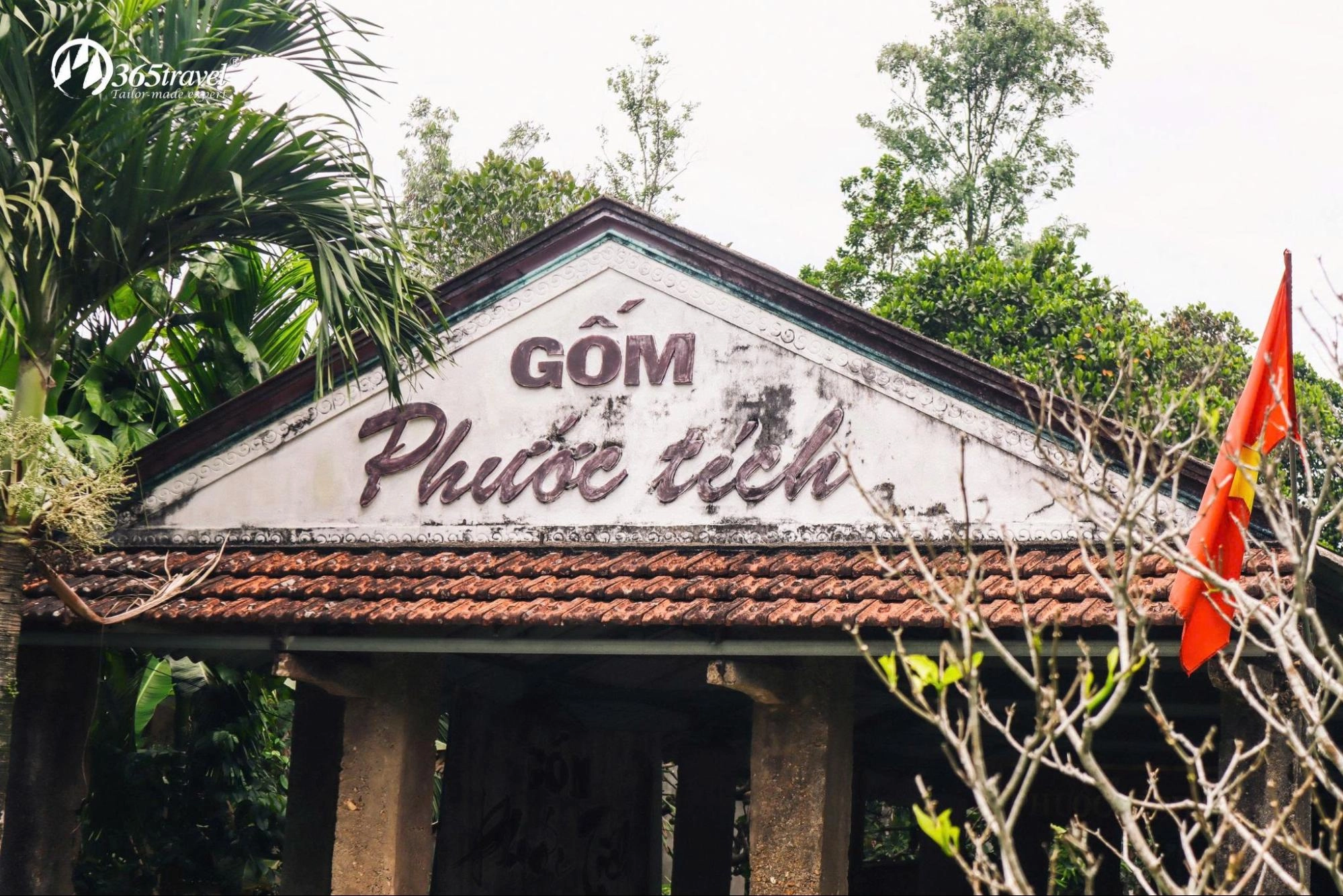
A glimpse of Phuoc Tich pottery village today
At 365 Travel, we see the story of Phuoc Tich not just as a challenge, but as our core mission. As a 100% local team, we are passionate about creating meaningful connections that preserve Vietnam’s cultural soul. We visit these villages ourselves, see the incredible skill of the artisans, and understand the support they truly need.
This firsthand knowledge inspires us to design tours that genuinely empower them. We collaborate with partners who share our commitment, from cooperatives providing opportunities for people with disabilities to enterprises dedicated to safeguarding traditional crafts. We don’t just add a “village stop” to an itinerary; we build experiences around them.
We work with incredible organizations like Vun Art, a cooperative providing opportunities for people with disabilities through traditional crafts, and Zó Project, an enterprise dedicated to reviving the ancient art of Dó paper. These community-driven initiatives allow us to create tours that combine authentic local experiences with genuine social responsibility.
This philosophy of thoughtful, sustainable travel is at the heart of every tour we design. We prioritize everything from eco-friendly transportation to community-owned homestays, ensuring that our journeys strengthen travelers’ connections with the places they visit while minimizing their environmental impact.
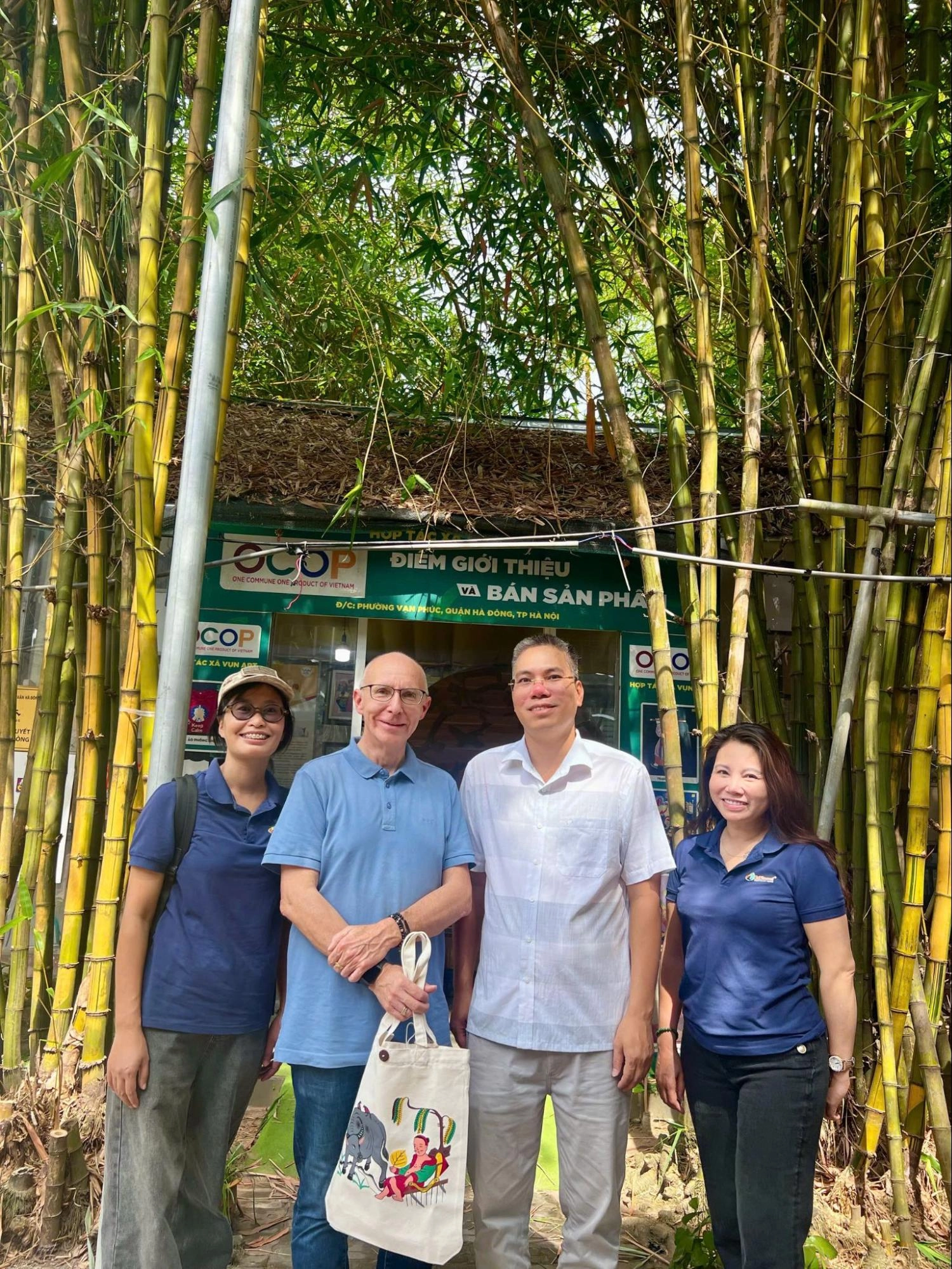
Visiting Vun Art – a partner with shared purpose towards sustainable travel
9 days walking with Vietnamese traditional handicraft villages tour
Route: Hanoi – Hue – Hoi An
Focus: 11 traditional craft villages & social projects
This 9-day “Walking with Vietnamese traditional handicraft villages” tour offers an immersive cultural experience in Northern and Central Vietnam. Beginning in Hanoi, travelers’ll explore iconic landmarks and engage in hands-on workshops like paper making and pottery. The journey continues to Hue, the former imperial capital, where they’ll visit ancient villages specializing in traditional crafts and explore historical sites. Finally, arrive in Hoi An, a charming ancient town, and delve deeper into local crafts with visits to surrounding villages.
More than just a tour, this is a chance to connect directly with local artisans, support their communities, and gain a profound understanding of Vietnam’s living heritage.
The itinerary includes comfortable accommodations with daily breakfast, allowing travelers to fully relax and savor this unique journey.
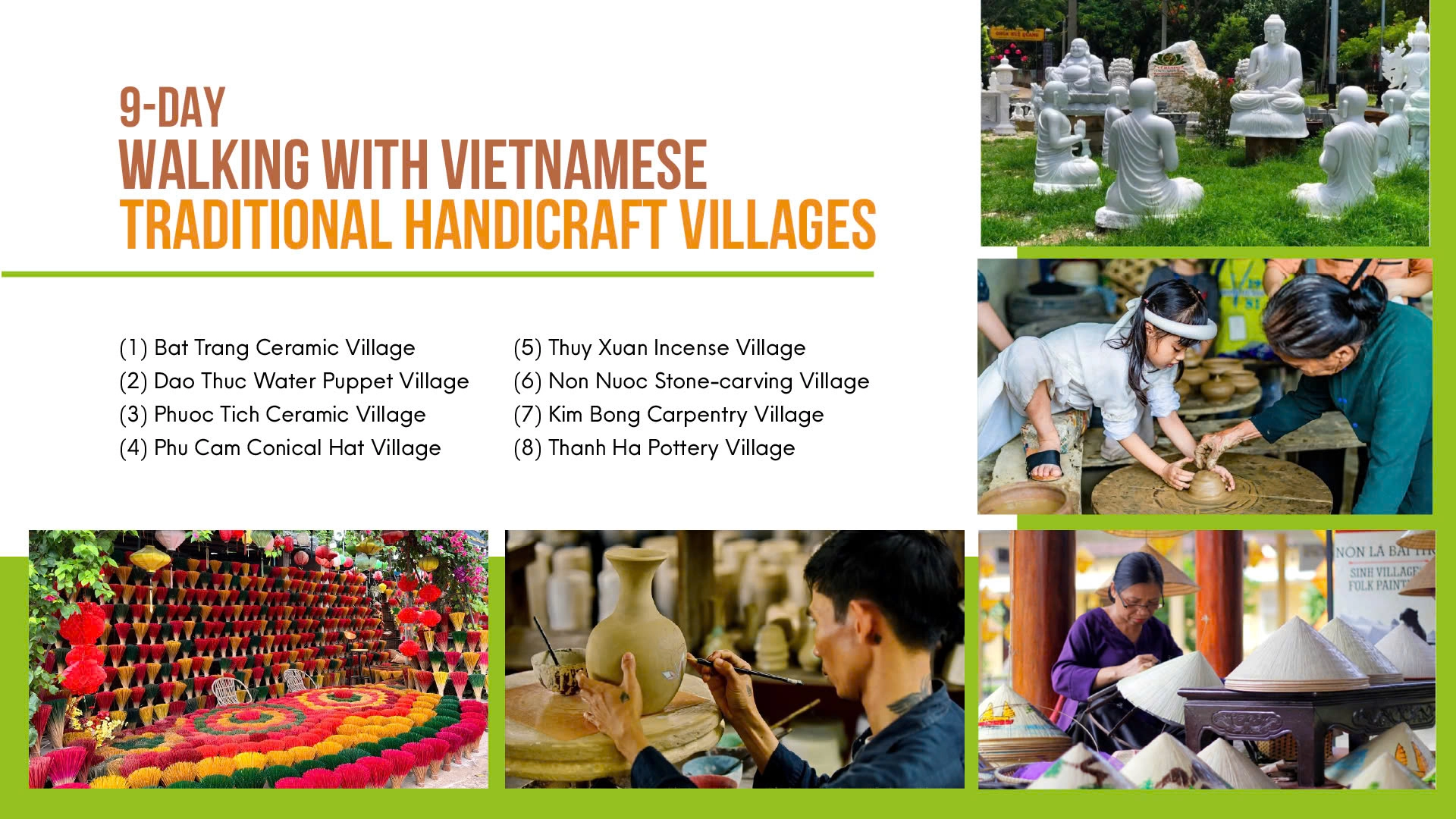
Our 9-day tour takes you through 8 traditional craft villages







